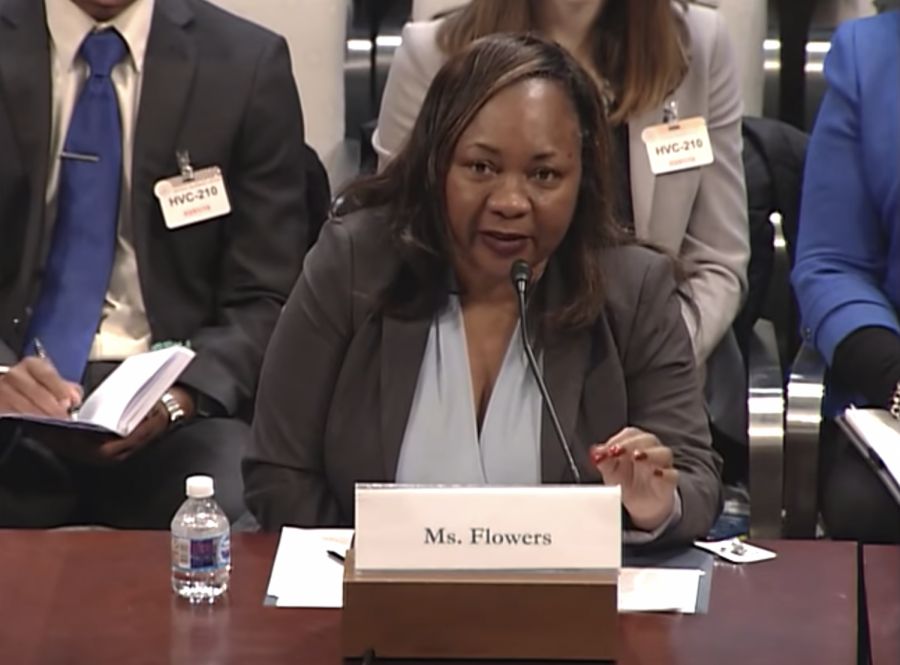Catherine Coleman Flowers earns 2020 MacArthur ‘genius grant’
Coleman Flowers is one of six Black women and the sole Alabama native to be chosen this year (fellow winner N.K. Jemisin was born in Brooklyn but has ties to the state).
October 6, 2020
Lowndes County native and environmental advocate Catherine Coleman Flowers is among the winners of this year’s prestigious MacArthur Foundation “genius grant.”
“I’m still getting my thoughts together,” she said amid laughter. “It doesn’t feel real. But I’m very excited.”
Coleman Flowers, who was raised in the unincorporated Hick Hill community and lives in Montgomery, is the founder of the Center for Rural Enterprise and Environmental Justice. She’s been a longtime advocate for communities struggling to manage wastewater and environmental issues that have exacerbated health and income disparities throughout the South and Black Belt region.
Since 1981, the John D. and Catherine T. MacArthur Foundation has selected a cohort of fellows who show extraordinary creativity in their field and expand the public’s knowledge and understanding of critical issues that impact us all.
The foundation praised its 2020 class of honorees in a statement.
“In the midst of civil unrest, a global pandemic, natural disasters, and conflagrations, this year’s class of 21 exceptionally creative individuals offers a moment for celebration. They are asking critical questions, developing innovative technologies and public policies, enriching our understanding of the human condition, and producing works of art that provoke and inspire,” the statement read. Coleman Flowers is one of six Black women and the sole Alabama native to be chosen this year (fellow winner N.K. Jemisin was born in Brooklyn but has ties to the state). With her selection, Montgomery is now home to three MacArthur geniuses.
Sophia Bracy Harris received the accolade in 1991 for her efforts to improve rural child care across Alabama. Bryan Stevenson, founder of Montgomery-based Equal Justice Initiative which employs Coleman Flowers as its rural development manager, also received the award for his human rights work in 1995.
Coleman Flowers said she was most looking forward to the opportunities the award would provide to highlight the urgency of environmental issues rural communities are dealing with across the U.S.
“I’m from the country and I’m still country. I’m still humble. I don’t feel like I walk on water,” she said. “This award is just motivation for me to keep doing what I’m doing.”







